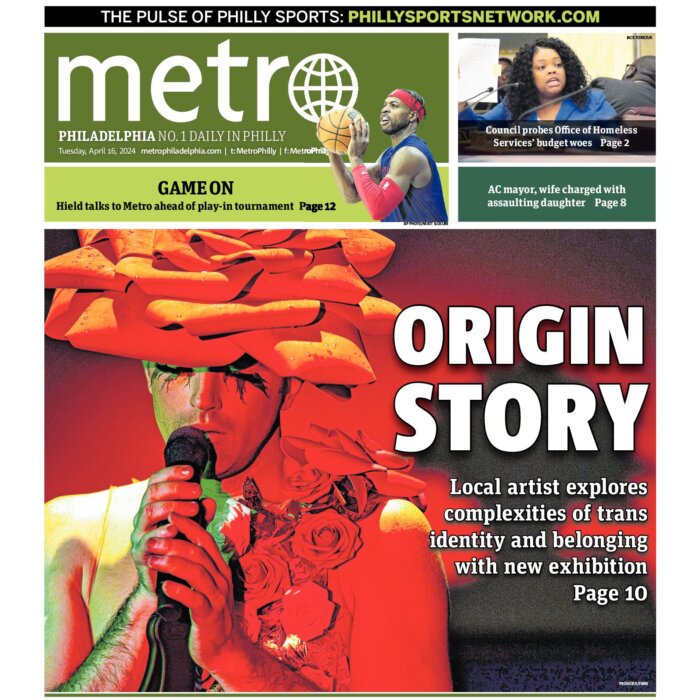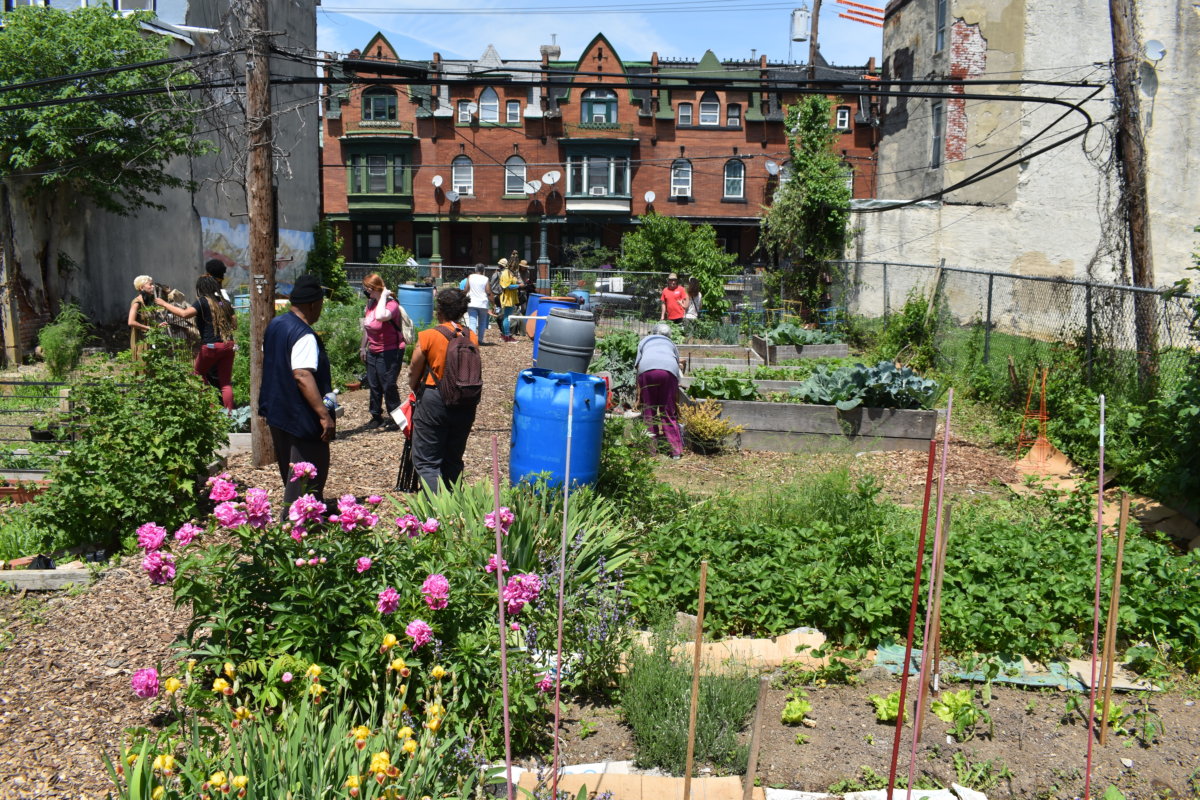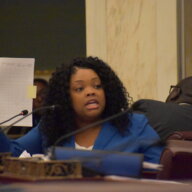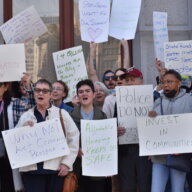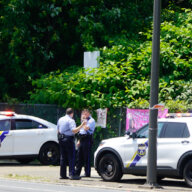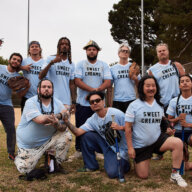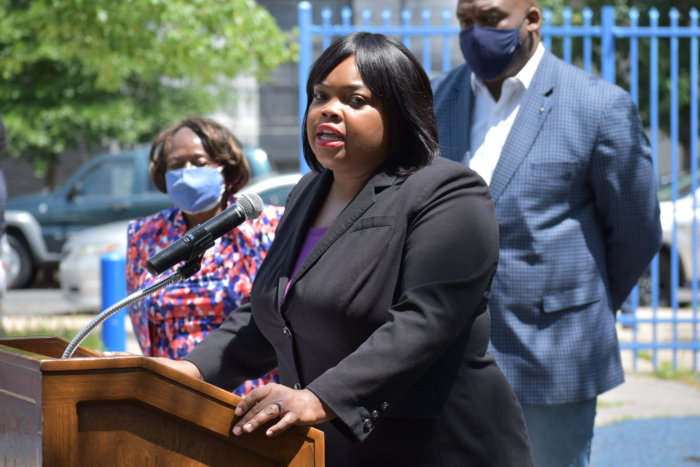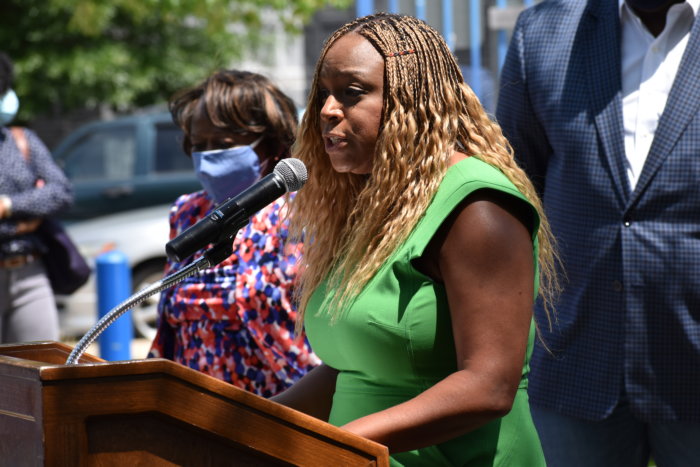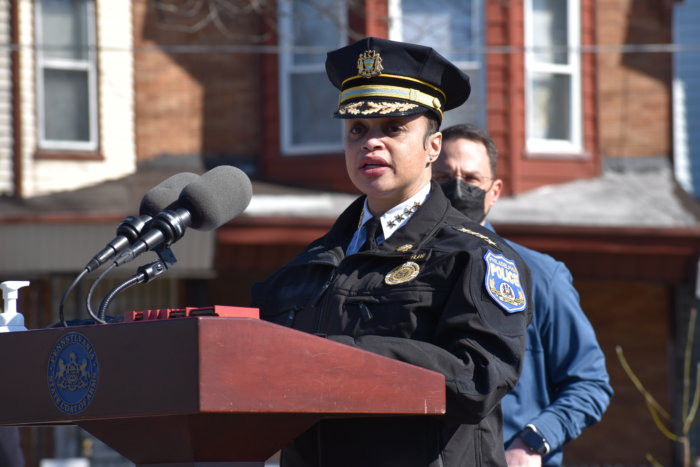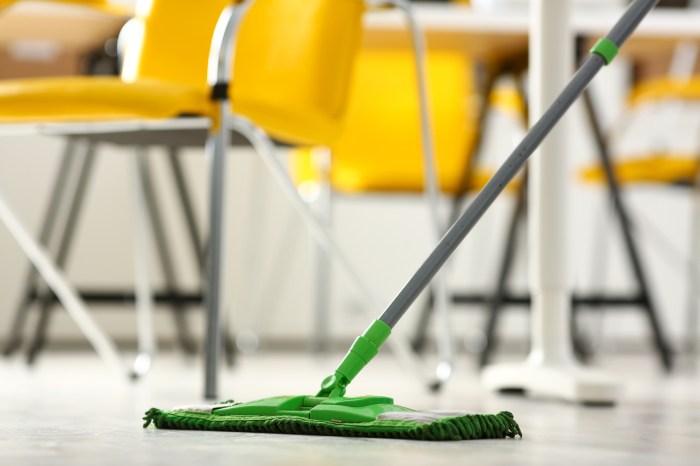Nearly 50 years ago, Naomi Smith and her neighbors on Viola Street in the East Parkside section of West Philadelphia hauled bricks and debris from a vacant lot on their block to plan a community garden.
Today, the garden is still going strong, with everything from collard greens to peonies blooming between rows of houses.
“It’s like therapy for me,” said Smith, who, at 86 years old, still tends to her plot.
Community gardens and side yards maintained by residents in Philadelphia’s poorest neighborhoods are increasingly under threat from development due to private bank liens stemming from a 1997 city agreement, advocates say.
More than 30,000 liens were sold to U.S. Bank to raise funding — a disastrous deal that actually led to the city losing money when the debt could not be collected.
U.S. Bank has since hired a law firm to sell off the remaining 2,000 properties by the end of next year, according to an Inquirer report.
To prevent a sheriff’s sale, gardeners or next-door neighbors caring for the property must be able to afford the lien before entering into a payment plan for the outstanding taxes.
“Many gardens have already been lost, and there is an increasing chance every month we will see these properties come up for sheriff sale and lose them to speculation or new construction,” said Marlana Moore, of the Neighborhood Gardens Trust.
In a bid to stop the sell-off, Councilmember Kendra Brooks offered a proposal Monday for the city to pay the liens and transfer the land to nearby property owners and community organizations.
Speaking steps from the Viola Street garden, Brooks called on Council to devote $10 million to buying back the liens. The properties would then be distributed through the Philadelphia Land Bank.
“After 25 years, we cannot continue to kick the can down the road,” she said. “If we don’t act now, we lose these properties forever.”
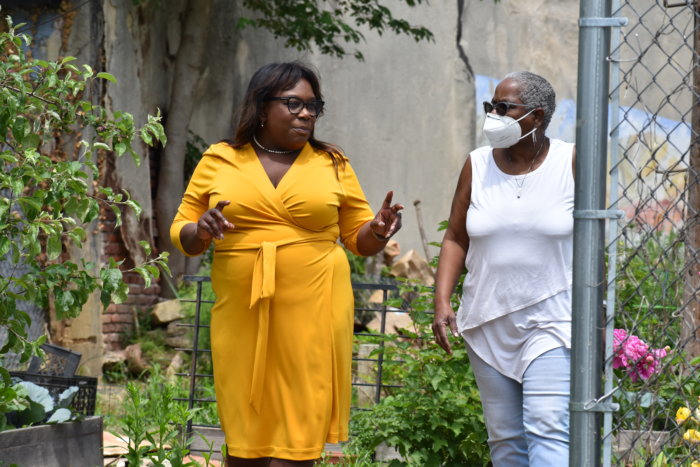
Brooks’s office found that U.S. Bank liens apply to 500 properties considered vacant but cared for by neighbors, including 50 community gardens.
“Funding to pay down the U.S. Bank liens would remove a major barrier to people keeping their whole homestead,” said Andria Bibiloni, a staff attorney with Philadelphia Legal Assistance who helps homeowners in Kensington and North Philadelphia acquire nearby vacant lands.
Though Brooks has backing for the plan from fellow progressive Councilmembers Jamie Gauthier and Helen Gym, she will need additional support to incorporate the funding into the municipal budget, which is currently being negotiated.
Joe Grace, a spokesperson for Council President Darrell Clarke, said in an emailed statement that the proposal “is interesting, and will be considered like any proposal during the city’s budget process.”
In many cases, individual families or groups of neighbors have been overseeing vacant land for decades, even across multiple generations. Most of the gardens and side yards are in majority Black and Hispanic neighborhoods.
Bibiloni, during Brooks’s news conference, said a majority of her clients have been using the lots for more than 20 years.
Neighbors, worried about crime and trash, stepped up to clear and secure the vacant land after neglected homes were demolished. Until recent years, there was little interest from builders or investors.
Proponents of the gardens say the plots provide green space and a chance for residents to grow their own produce.
“It’s a safe haven,” said Randy Smith, another Viola Street gardener who is unrelated to Naomi. “You really enjoy it.”
His vision is to expand into the L-shaped vacant land around the garden, turning it into a bonafide urban farm.
While the Viola Street garden is safe, U.S. Bank has a lien on one of the neighboring parcels, putting Smith’s aspiration at risk.
